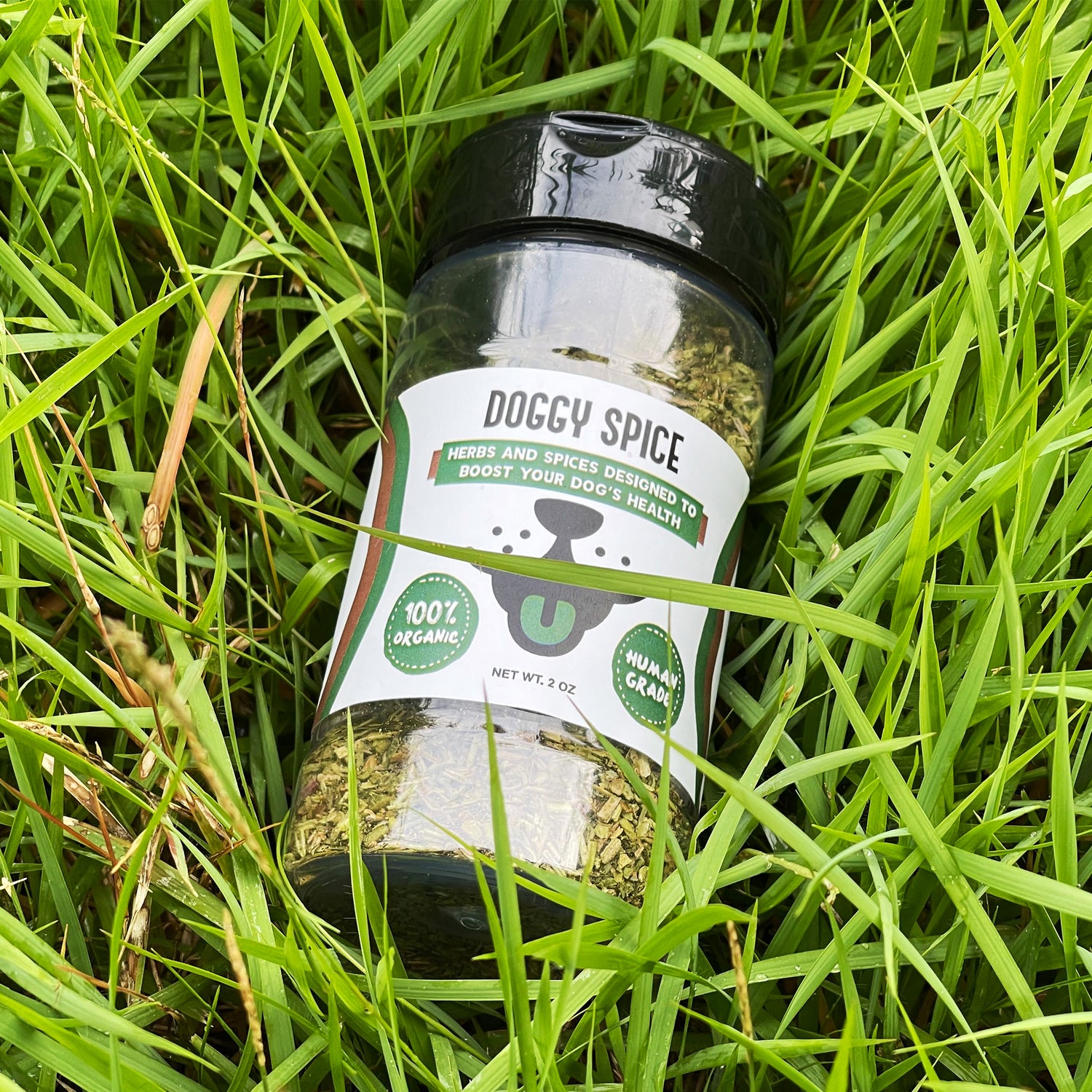
Can Dogs Eat Sweet Potatoes? Benefits and Risks Explained
Share
Introduction
Sweet potatoes are a popular root vegetable known for their natural sweetness and nutritional benefits. But is this healthy food safe for your dog? The answer is yes—but with some important considerations. 🥔🐕
This guide explores the benefits and risks of feeding sweet potatoes to your dog, including preparation tips, serving sizes, and frequently asked questions. Let’s dive in!
Are Sweet Potatoes Safe for Dogs?
Yes, sweet potatoes are generally safe for dogs when prepared properly. They are an excellent source of vitamins, minerals, and fiber. However, certain precautions should be taken to ensure they are given in moderation and cooked to avoid any health risks.
Benefits of Sweet Potatoes for Dogs
Sweet potatoes offer numerous health benefits for dogs. Here are some key advantages:
- Rich in Nutrients 🥕
- Vitamin A: Supports healthy vision, immune function, and skin.
- Vitamin C: Boosts immunity and promotes overall health.
- Potassium: Helps maintain muscle and nerve function.
- High in Dietary Fiber 🌾
- Promotes healthy digestion and can alleviate constipation or diarrhea.
- Low in Fat 🥗
- An excellent treat for dogs needing weight management or a low-fat diet.
- Antioxidants 🛡️
- Protect cells from damage caused by free radicals, reducing inflammation and supporting long-term health.
Risks of Feeding Sweet Potatoes to Dogs
While sweet potatoes have many benefits, they also come with potential risks:
- High Glycemic Index 🩸
- Can cause spikes in blood sugar, making them unsuitable for diabetic dogs.
- Choking Hazard 🚨
- Raw or improperly cooked sweet potatoes can be difficult to chew and pose a choking risk.
- Allergic Reactions ❗
- Rare but possible; symptoms include itching, swelling, or gastrointestinal upset.
- Overfeeding Risks ⚠️
- Too much fiber can lead to digestive upset, while excessive vitamin A intake may cause toxicity over time.
How to Safely Prepare Sweet Potatoes for Dogs
To minimize risks and maximize benefits, follow these preparation tips:
- Cook Thoroughly: Boil, bake, or steam sweet potatoes until soft to make them digestible. Avoid frying.
- Remove the Skin: The skin can be hard to digest and may cause stomach upset.
- Avoid Additives: Do not season with sugar, butter, salt, or spices like cinnamon or nutmeg.
- Cut into Small Pieces: Prevent choking by slicing into bite-sized chunks or mashing.
- Moderation is Key: Serve sweet potatoes as an occasional treat, not a meal replacement.
Nutritional Breakdown of Sweet Potatoes
|
Nutrient |
Amount (per 100g, cooked) |
Benefit to Dogs |
|
Vitamin A |
14,187 IU |
Supports vision, immunity, skin health |
|
Fiber |
3.3 g |
Promotes digestive health |
|
Vitamin C |
2.4 mg |
Boosts immune function |
|
Potassium |
337 mg |
Maintains muscle and nerve function |
|
Calories |
90 |
Provides energy without excessive fat |
“Sweet potatoes can be a healthy addition to your dog’s diet when given in moderation. They are nutrient-dense and support digestive health, but overfeeding may lead to gastrointestinal upset or blood sugar spikes, especially in dogs with diabetes.” — Dr. Emily Green, DVM
Can Dogs Eat Raw Sweet Potatoes?
Raw sweet potatoes are not recommended for dogs. ❌ They are tough to chew, can cause choking, and are harder to digest. Cooking sweet potatoes softens them, making them safer and more palatable for your pup.
How to Introduce Sweet Potatoes into Your Dog's Diet Safely
Adding sweet potatoes to your dog's diet can be beneficial, but it’s important to introduce them gradually and safely to avoid digestive upset or adverse reactions. Follow these tips to ensure a smooth transition:
-
Start Small and Monitor
- Begin with a small amount, such as a teaspoon for small dogs or a tablespoon for larger breeds.
- Observe your dog for any signs of allergies or digestive discomfort, such as diarrhea, vomiting, or itching.
-
Choose the Right Form
- Cooked Sweet Potatoes: Baking, steaming, or boiling sweet potatoes makes them easier to digest and reduces the risk of choking.
- Mashed or Pureed: Mash or puree the sweet potatoes to create a smooth texture for easier consumption, especially for puppies or senior dogs.
- Avoid adding butter, salt, sugar, or spices, as these can be harmful to dogs.
-
Incorporate Sweet Potatoes into Meals
Sweet potatoes can be a nutritious topper or mix-in for your dog's regular meals:
- Combine a small amount with your dog's kibble or wet food.
- Use it as a filler for homemade dog treats or meals.
-
Use Sweet Potatoes as Treats
- Baked Chips: Slice sweet potatoes into thin pieces and bake them to create crunchy, healthy dog treats.
- Dehydrated Chews: Use a food dehydrator to make chewy sweet potato strips that dogs love.
-
Avoid Raw Sweet Potatoes
Raw sweet potatoes can be difficult to chew and digest, increasing the risk of choking or intestinal blockage. Always cook them before serving.
👉 Important Notes:
- Limit sweet potatoes to no more than 10% of your dog’s daily caloric intake. Overfeeding can lead to obesity or nutrient imbalances.
- Rotate sweet potatoes with other vegetables to provide a balanced variety of nutrients.
🛑 When to Consult Your Veterinarian
If your dog has specific health conditions, such as diabetes or obesity, consult your veterinarian before introducing sweet potatoes. Dogs with certain conditions may require a more tailored diet.
Dogs and Sweet Potatoes Frequently Asked Questions (FAQ) 🧐
Can sweet potatoes cause diarrhea in dogs?
Yes, if fed in large quantities or if your dog is sensitive to fiber, sweet potatoes can cause digestive upset, including diarrhea.
Are sweet potato skins safe for dogs?
While not toxic, the skins can be hard to digest and may cause stomach issues. It's best to remove them.
How much sweet potato can I give my dog?
For most dogs, a tablespoon of mashed sweet potato per 10 pounds of body weight is a safe serving size.
Can dogs eat sweet potato fries?
No, sweet potato fries are often fried in oil and seasoned with salt or spices, which can be harmful to dogs.
Are sweet potatoes good for dogs with allergies?
Sweet potatoes are often used in hypoallergenic diets, but consult your vet to confirm if they suit your dog's specific allergies.
Top Herbs and Spices to Keep Your Dog Healthy All Year 🌿
- Cleavers (Galium Aparine) - Supports lymphatic health
- Rosemary- Antioxidant-rich
- Dandelion Greens - Provides vitamins A, C, and K
- Basil - Calming properties
- Peppermint - Aids digestion
- Celery Seeds - Anti-inflammatory benefits
- Dill - Rich in antioxidants
- Oregano - Immune-supporting
- Parsley - Supports fresh breath
- Thyme - Immune booster
- Ginger - Soothes stomachs
- Tumeric - Anti-inflammatory properties
These herbs and spices can easily be incorporated into your dog’s meals with Doggy Spice to promote overall well-being. 🌱
Sweet Potatoes vs. Other Treats
|
Treat |
Nutritional Value |
Risks |
|
Sweet Potatoes |
High in vitamins and fiber |
Blood sugar spikes if overfed |
|
Pumpkin |
Low in calories, aids digestion |
May cause loose stools if overfed |
|
Carrots |
Crunchy, high in beta-carotene |
Can be a choking hazard if too large |
|
Apples (without seeds) |
High in fiber, low in fat |
Seeds contain toxic cyanide |
Conclusion
Sweet potatoes can be a healthy and delicious treat for your dog when prepared and served correctly. They are nutrient-dense, easy to digest, and support overall health. However, moderation is key to prevent potential risks like digestive upset or blood sugar spikes.
Always consult with your veterinarian before introducing new foods to your dog’s diet, especially if your pup has underlying health issues.

